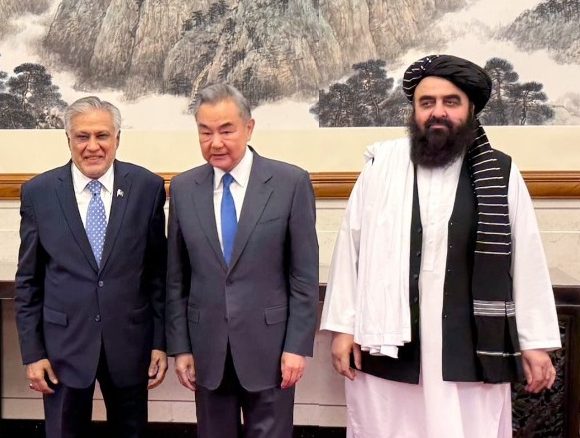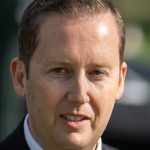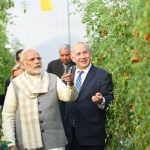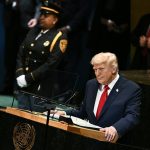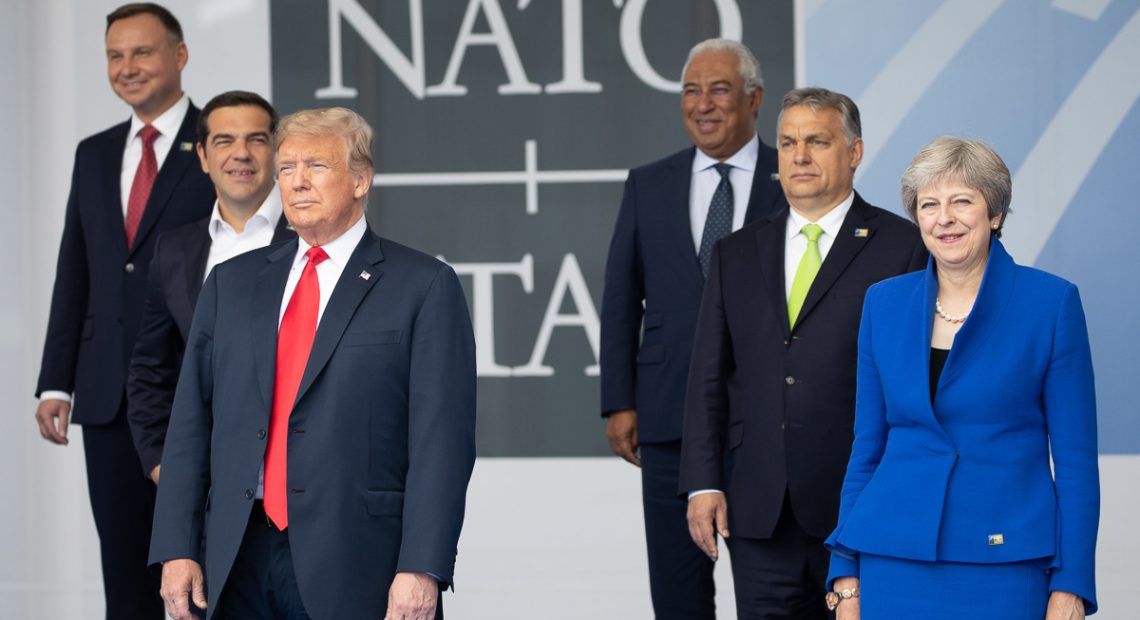
European Foreign Ministers Dismiss Claims of Trump Being Mocked
Foreign ministers from several European nations, known for their strong ties with the United States, have dismissed Vice President Kamala Harris’ recent assertion that world leaders are “laughing” at former President Donald Trump. During the September presidential debate, Harris commented on Trump’s reputation, stating, “World leaders are laughing at Donald Trump. I have talked with military leaders, some of whom worked with you, and they say you’re a disgrace.”
However, when approached for comments at the United Nations High-Level Week, European ministers emphasized that they hold no specific opinion on the U.S. elections and are willing to work with any leader who assumes the presidency.
Italy: “We Are Friends of America”
Italian Foreign Minister Antonio Tajani responded by reaffirming Italy’s commitment to its partnership with the U.S., regardless of who holds office. Describing the U.S. and Italy as “two sides of the same coin,” he emphasized that Italy’s relationship with the U.S. is based on longstanding transatlantic ties that transcend individual presidencies.
Focus on Defense Spending
Czech Foreign Minister Jan Lipavsky declined to comment on Harris’ political statement but praised Trump’s past stance on increased defense spending for Europe. He noted that Trump’s message urging European nations to contribute more to their own defense budgets resonated with many, especially amid ongoing Russian aggression in Ukraine. Lipavsky highlighted the Czech Republic’s commitment to achieving the NATO target of spending 2% of GDP on defense.
Lithuanian Foreign Minister Gabrielius Landsbergis echoed this sentiment, pointing to the strong historical ties between Lithuania and the U.S. He reiterated that defense investment is a key area where continuity is expected, no matter who wins the U.S. presidential election.
The European leaders’ remarks underscore their intention to maintain strong transatlantic relations, irrespective of the political landscape in Washington, and to focus on shared security concerns.



